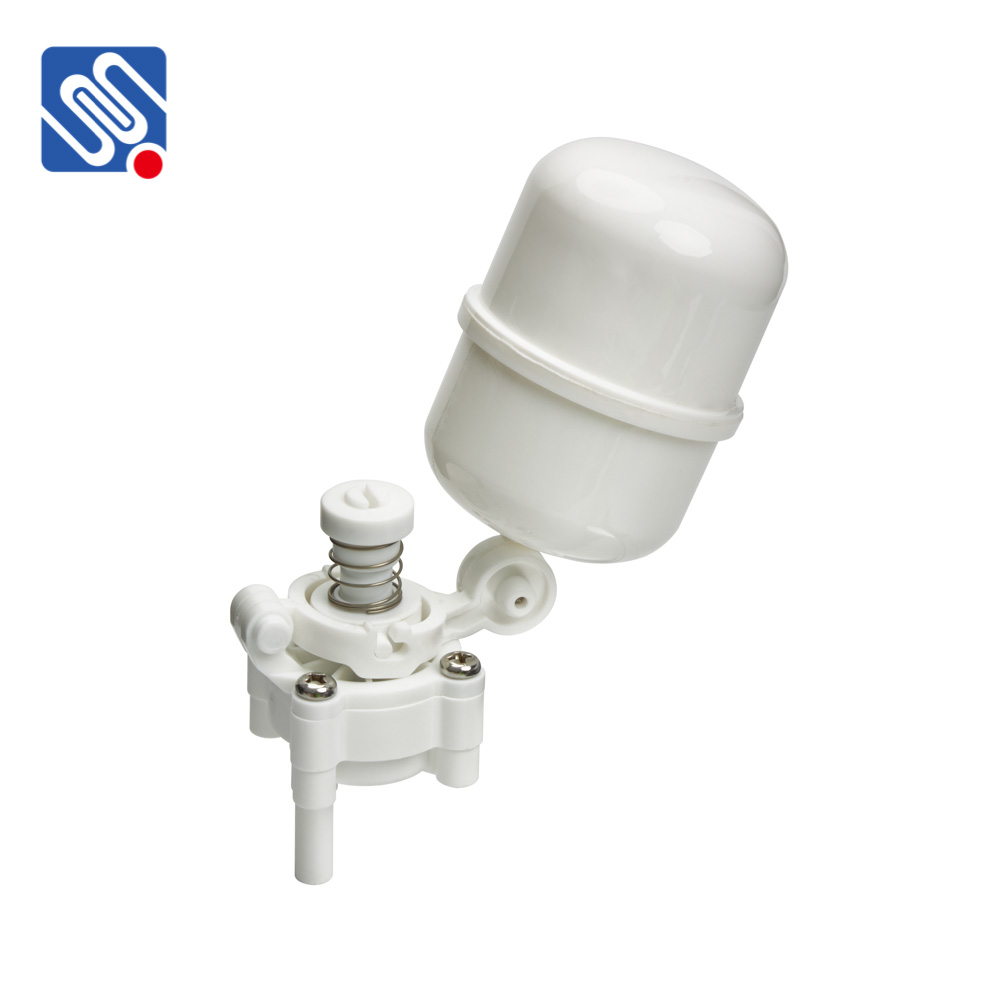plastic valve for water systems: a durable and cost-effective solution for water management
Release time:2025-09-15 18:40:13
Plastic valves for water systems have become an essential component in modern water distribution and treatment systems. As the demand for efficient, cost-effective, and durable solutions increases, plastic valves are emerging as a preferred choice for both residential and industrial applications. These valves are primarily used for controlling and regulating the flow of water, and their versatility, ease of maintenance, and corrosion resistance make them ideal for various water systems. This article explores the features, benefits, and applications of plastic valves for water systems, shedding light on why they are gaining popularity in the water management industry.

What Are Plastic Valves for Water Systems? Plastic valves are devices designed to control the flow of liquids or gases within a piping system. Made from materials such as PVC (Polyvinyl Chloride), CPVC (Chlorinated Polyvinyl Chloride), PP (Polypropylene), and PVDF (Polyvinylidene Fluoride), these valves are lightweight, resistant to corrosion, and can withstand varying pressure and temperature conditions. Plastic valves are often used in water treatment plants, industrial water systems, agricultural irrigation systems, and residential plumbing setups. Key Features of Plastic Valves Corrosion Resistance: One of the primary reasons for choosing plastic valves is their resistance to corrosion. Unlike metal valves, which can rust or degrade over time when exposed to water or other corrosive substances, plastic valves maintain their integrity even in harsh environments. This makes them ideal for use in systems where water quality may be acidic or contain chemicals.

